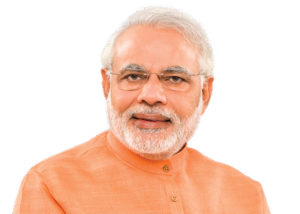Advancements in Education and Innovation during India’s NEP 2020

Navigating Challenges: Education Reform and Innovation in India’s NEP 2020 Era
Overcoming Obstacles: Advancements in Education and Innovation during India’s NEP 2020 Period
 In the wake of India’s ambitious National Education Policy (NEP) 2020, educational institutions across the nation are grappling with a multitude of challenges as they embark on a journey of reform and innovation. This groundbreaking policy aims to revolutionize the Indian education landscape, fostering creativity, critical thinking, and holistic development among students. However, its implementation has encountered several roadblocks, leaving institutions and stakeholders navigating uncharted waters.
In the wake of India’s ambitious National Education Policy (NEP) 2020, educational institutions across the nation are grappling with a multitude of challenges as they embark on a journey of reform and innovation. This groundbreaking policy aims to revolutionize the Indian education landscape, fostering creativity, critical thinking, and holistic development among students. However, its implementation has encountered several roadblocks, leaving institutions and stakeholders navigating uncharted waters.
One of the foremost challenges faced by educational institutions is the adaptation to the new pedagogical approaches prescribed by the NEP. The shift towards a more interdisciplinary and experiential learning model demands significant infrastructural and curricular reforms, posing logistical and resource-related hurdles for many institutions. Additionally, the integration of technology in education, while promising enhanced accessibility and engagement, requires substantial investment in digital infrastructure and faculty training.
Moreover, the NEP’s emphasis on decentralization and autonomy has triggered a paradigm shift in governance structures within educational institutions. While empowering institutions with greater autonomy fosters innovation and responsiveness to local needs, it also necessitates robust mechanisms for accountability and quality assurance to prevent disparities in educational standards.
Furthermore, the NEP’s ambitious goals of achieving universal access to quality education and promoting inclusivity pose formidable challenges in a country marked by socio-economic disparities and regional disparities. Bridging the digital divide, ensuring equitable access to education for marginalized communities, and promoting multilingualism are crucial tasks that demand concerted efforts and innovative strategies from educational institutions.
In navigating these challenges, collaboration and knowledge-sharing among institutions, policymakers, and stakeholders are imperative. By fostering a culture of innovation, leveraging technology effectively, and prioritizing inclusivity, India’s educational institutions can transform challenges into opportunities, ushering in a new era of educational excellence and empowerment.
In conclusion, while the NEP 2020 heralds a promising vision for the future of education in India, its successful implementation hinges on addressing the multifaceted challenges faced by educational institutions. By embracing innovation, fostering collaboration, and staying true to the principles of inclusivity and quality, India can realize the transformative potential of its education reform agenda.








